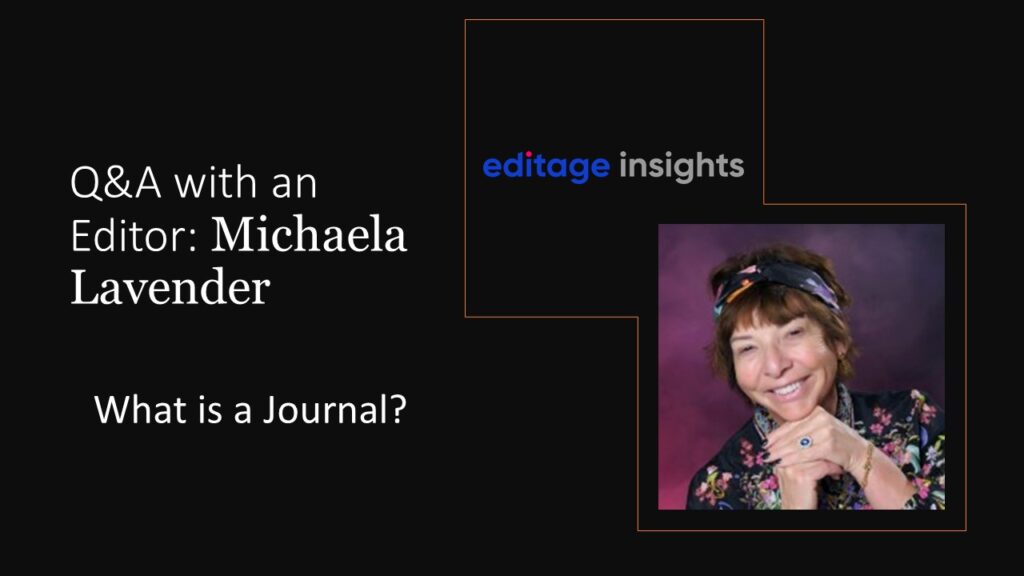Finding the right journal for your research paper: Save time on your publication journey

Have you experienced a lot of desk rejection recently? Does it seem that journals are just not interested in your paper, despite all the solid research you’ve done? It may be time to re-evaluate how you choose a journal to submit your paper, and work smarter to find the right journal.
Matching aims and scope
Let’s get the most obvious out of the way. No reputable journal wants to publish something far outside its aims and scope: such an article will not appeal to its readers and it will lower the journal’s standing and credibility in the field.
Now, matching a journal’s aims and scope can be tricky if your paper spans multiple fields. It’s a good idea to ask yourself the question: who would benefit the most from this paper? For example, if your article describes a novel mental health program for nurses, decide whether the findings are more relevant to nursing managers and hospital administrators, or to mental health professionals. Choose a target journal accordingly.
Pro tip: AI-powered journal finder tools like the global journal database from Editage can make this step much easier for you.
Matching journal and article quality
You might get the advice to submit your paper to the top journal in your field, to benefit from “valuable advice during peer review” even if it’s rejected. Frankly, this is probably a waste of your time. Imagine if every medical research paper was submitted to NEJM, The Lancet, and BMJ! When you’re choosing a journal, you need to realistically assess the strengths and weaknesses of your research, and the theoretical and practical implications of your findings. Opt for a top-tier journal if you’re convinced you’ve got novel, groundbreaking discoveries backed by robust, rigorous methodology. Otherwise, you’ll merely delay your own publication process for the sake of a polite, generic desk rejection notification from the journal. Find the right journal for your paper by thinking critically about how valuable your findings to researchers within and outside your field.
Finding the right journal for your article/study type
The type of article you’ve written can also affect which journal is likely to consider it for publication. Some journals focus on reviews or case reports, for example. Others prefer certain types of research, like clinical trials or translational research.
By the way, you might have heard that journals don’t like to publish case reports. This isn’t entirely true; even top journals like NEJM dedicate space to case reports.
Finding a journal that meets your funder’s requirements
Funders, especially those supporting the open access movement, can exert a significant influence on which journal you submit your article to. Make time to understand your funder’s requirements, for example, whether you need to make the version of record publicly accessible or whether you need to have a Creative Commons Attribution (CC BY) licence for open access articles too.
Finding the right journal smartly!
Are the above requirements getting too difficult to navigate? How many things are you going to keep in mind when shortlisting a journal? Use technology smartly to save time in searching for the right journal for your paper! For example, Editage’s free AI-powered Journal Finder can help you sift through over 43,000 reputed journals across publishers, to zero in on those most suitable for your article, while allowing you to filter by requirements such as open access options. And in case you already have a journal in mind, this journal finder tool allows you to look up any journal by name or ISSN to confirm its reputation and whether it’s a good fit for your actual paper.
Bottom Line
An increasing number of journals are added every year, not just by predatory publishers looking to make a quick buck by preying on researchers. In 2024 alone, Springer-Nature launched Nature Cities, and Wiley (along with the American Society of Neuroimaging) launched Clinical Neuroimaging. So you can no longer completely rely on past experience or colleagues’ recommendations to find the right journal for your paper. Do your own research on journals, taking the help of a good journal finder tool to speed up your publication journey.





